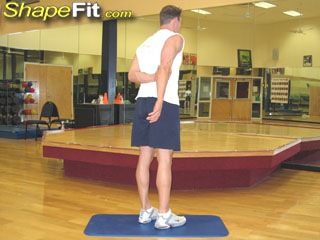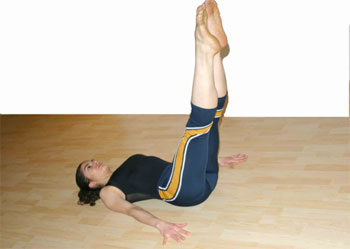Why Am I Tired After Long Runs?
2. Muscle damage: Long runs can cause microscopic damage to your muscle fibers, leading to inflammation and soreness. This muscle damage can contribute to fatigue and tiredness after a run.
3. Dehydration: During long runs, you lose a significant amount of fluid through sweat. Dehydration can lead to several negative effects, including fatigue and tiredness.
4. Electrolyte imbalances: Electrolytes, such as sodium, potassium, and magnesium, are essential for various bodily functions, including muscle contraction. During long runs, you can lose electrolytes through sweat, leading to imbalances that can contribute to fatigue and tiredness.
5. Overtraining: Pushing yourself too hard during long runs or not allowing enough recovery time can lead to overtraining, which can cause fatigue and tiredness.
6. Inadequate nutrition: Not consuming enough calories or the right nutrients before, during, and after long runs can contribute to fatigue and tiredness.
7. Medical conditions: Underlying medical conditions, such as anemia, thyroid issues, or diabetes, can cause fatigue and tiredness during long runs.
If you are experiencing excessive tiredness after long runs, it is essential to address the underlying factors. Here are some tips to help you reduce tiredness after long runs:
1. Fuel properly: Consume a meal rich in carbohydrates and moderate protein 2-3 hours before your long run. During your run, consume energy gels, sports drinks, or other sources of carbohydrates to replenish glycogen stores.
2. Stay hydrated: Drink plenty of water before, during, and after your long run. The general recommendation is to drink about 8 ounces (240 ml) of fluid every 20-30 minutes during exercise.
3. Replenish electrolytes: Consider consuming an electrolyte drink or sports drink during your long runs to replace electrolytes lost through sweat.
4. Allow adequate recovery: Give yourself at least 48 hours of recovery after a long run. This allows your muscles and glycogen stores to replenish.
5. Listen to your body: If you feel extremely fatigued or experience pain during a long run, don't push yourself too hard. Take breaks or shorten your distance if necessary.
6. Seek medical advice: If you are experiencing excessive tiredness after long runs despite following these tips, consult with a healthcare professional to rule out any underlying medical conditions.
-
Hanging Abdominal Leg Raises – Abs Exercise Guide
The hanging abdominal leg raise is one of the most cha
-
Boxing Workouts to Lose Weight
For anyone who is interested in not just losing weight, but also becom
-
Side Reach – Medicine Ball Exercise Guide with Photos
Exercise Advice: Begin with ball below your belly butt
-
One Leg Lying Curls – Hamstring Exercise Guide with Photos
Exercise Advice: Lie on your stomach on the hamstring
-
Barbell Hack Squats – Quadriceps Exercise Guide with Photos
Exercise Advice: Stand in an area just in front of a s
-
Comfort Foods Made Healthy
With the holidays right around the corner, many of us have our holiday
- Exercise Guides
- EZ Bar Preacher Curls – Biceps Exercise Guide with Photos
- Nutritional Deal or Dud
- Cable Single Arm Extensions – Triceps Exercise Guide
- Hyperextensions on Exercise Ball – Instructional Guide
- Front Deltoid Plate Raise – Shoulder Exercise Guide with Photos
- Saw – Pilates Exercise Guide with Photos
- Lower Back Twist – Stretching Exercise Guide with Photos
- Face Up Supine Bridge – Core Exercise Guide with Photos
- Lower Back Stretch – Stretching Exercise Guide with Photos
- Kettlebell Exercise Guides with Photos and Instructions



